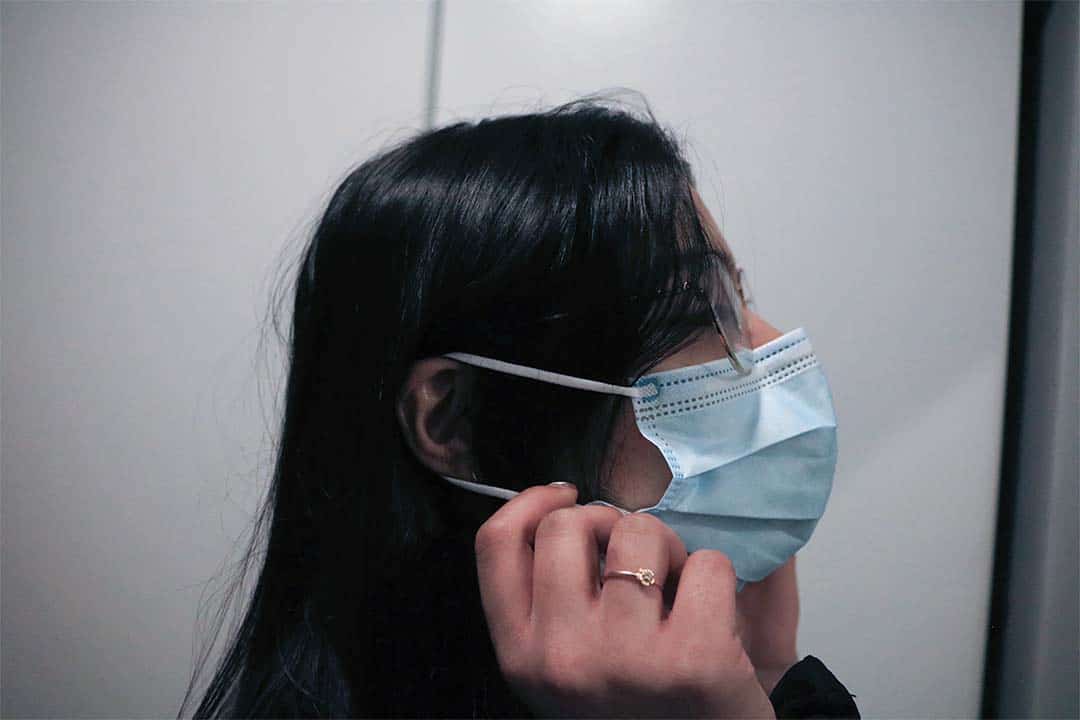The XBB.1.5 strain of COVID-19’s Omicron variant — also known as Kraken — has recently been spreading, according to data by Public Health Ontario. The agency estimates that Kraken will be responsible for 22 per cent of COVID-19 cases by this week, whereas this number was 2 per cent at the end of this January.
The new Kraken variant is genetically similar to other versions of the virus. According to the World Health Organization, the Kraken variant is more transmissible than other forms. However, there is no evidence so far that it is more severe than its predecessors.
Currently, U of T does not have mask or vaccine requirements, but community members are encouraged to wear masks and practice social distancing. In an October 2022 interview with The Varsity, U of T President Meric Gertler said that the university will reevaluate mask or vaccine mandates “if, or when, conditions change.”
U of T’s COVID-19 policies
The University of Toronto has revised its vaccination policy and mask requirements multiple times over the last two years.
In the early months of 2021, U of T did not mandate the vaccine for students attending in-person classes, with the exception of students living in residence. Those moving in required at least one dose of the vaccine.
In July 2021, the university altered its policy, making it compulsory for students involved in sports, music instruction, and educational placements to provide documentation of double vaccination.
In the following month, on August 11, the university announced that it would require self-declaration of vaccination status for anyone entering any of the three U of T campuses but also provided the alternative of regular testing.
However, effective May 1, 2022, the university halted its mask, vaccination, and UCheck requirements, though community members were encouraged to continue wearing masks and practicing social distancing. Students moving into residence were still required to have at least one dose of the vaccine.
As of January 2023, the university continues to follow this policy.
According to the CBC, “Federal data showed an uptick in SARS-CoV-2 tests coming back positive across multiple regions by the end of 2022” due to the new Kraken subvariant.
According to the Public Health Agency of Canada, “Staying up to date with COVID-19 vaccinations continues to be one of the most effective ways to protect against serious illness, hospitalization, and death from COVID-19.” Additionally, the agency recommends that people continue to practice the same safety measures as before, which include wearing a mask and adhering to social distancing guidelines.
Where to get vaccinated
The University of Toronto community can receive vaccines against COVID-19 at several clinics and vaccine centres, both on and off campus.
UTSG is offering appointments for the Pfizer COVID-19 bivalent vaccine and the original Pfizer vaccine at the Discovery Pharmacy, which is located in room 332 of the Leslie L. Dan Faculty of Pharmacy building. Students and staff can also receive the vaccine from nearby City of Toronto immunization clinics, hospital immunization clinics, or pop-up immunization clinics, which are offering bivalent booster vaccines: Moderna Spikevax — for those above 18 years of age — and Pfizer-BioNTech — for those above 5 or above 12 years of age, depending on the location.
While UTSC currently does not have any vaccine clinics on campus, the Scarborough Health Network offers a number of vaccination sites for the city’s residents.
Starting January 25, UTM community members can receive the COVID-19 vaccine on campus from the GO-VAXX bus. Additionally, they can visit their local COVID-19 vaccine clinics, which can be found through Peel Public Health’s website, for a free dose of the vaccine.


